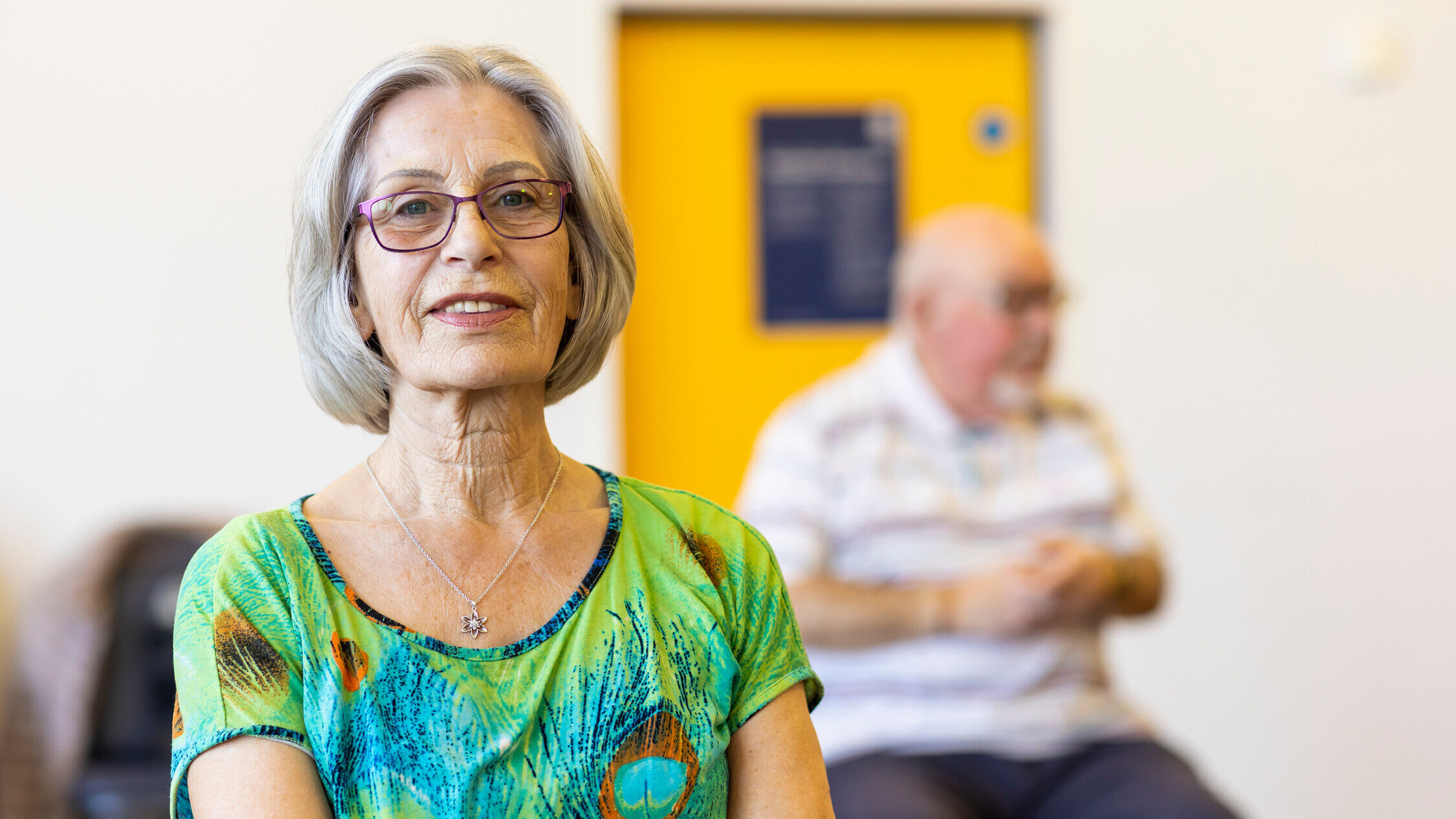Please note: The content on these pages is currently being co-designed with people who will use it. Your feedback is welcome as we continue to refine and improve these resources.

When growing older we enter a new phase of life which can offer more time and freedom. We will face, however, a different set of challenges which may include:
- finishing work
- living on less money
- having less mobility and energy
- dealing with health problems
- experiencing the death of a partner or friends
- having less social contact
- living alone
While feeling low from time to time is normal, depression and anxiety are not inevitable parts of ageing.
Factors that contribute to depression in later life
Other factors can come into play which could also affect our mental health when we get older.
- Physical health conditions: Conditions like thyroid problems, arthritis, or chronic pain can cause symptoms similar to depression or anxiety, such as trouble sleeping, low energy, or loss of appetite.
- Dementia and depression: It’s common for people with dementia to experience depression during their illness. Some symptoms of dementia, such as confusion or forgetfulness, can overlap with signs of depression, making it hard to tell them apart.
- Long-term health conditions: Managing a long-term illness like cancer or heart disease can also lead to feelings of sadness or depression.
- Health anxiety: Worries about health, even without an actual problem, can cause anxiety and confusion. This cycle can affect memory and create further distress.
- Caring for someone: Many older people who care for loved ones with conditions like dementia may face significant stress, which can lead to depression.
What you can do
If you’re concerned about your mental health or how you’re feeling, it’s important to talk to your GP. They can help with both your mental and physical wellbeing.
For more general information about depression, visit our page on Depression and Feeling Low.
You may also find it helpful to read our content on Bereavement and Loss, as these experiences can have a significant impact on mental health in later life.
